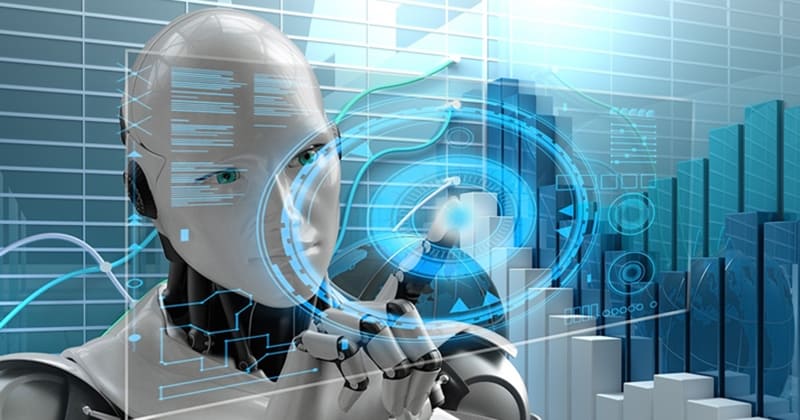Upon research done by WIPO in January this year, it found the AI’s critical role in government, businesses and concerned citizens across the globe. This led the organization to think about its importance and value its intellectual property rights. This further fueled questions like;
Should a work produced by an AI algorithm or process, without the involvement of a natural person contributing expression to the resulting work, qualify as a work of authorship protectable under U.S. copyright law? Why or why not?
Can AI enjoy the same benefits are human w.r.t IP rights? What if AI pirates/infringes? What can be done etc. are some.
AI is capable of producing several types of content that include music, images, or texts. How can these be copyrighted? A big catch here is, though AI is able to make decisions, at last, it needs some initial inputs of something to get started with its own thinking. These inputs would most probably are supplied by external (third-party) sources. If this is the case, will you be eligible to claim IP rights on AI’s work? With that being said, WIPO has launched a campaign asking the public for suggestions/opinions on this case. With the draft issue paper prepared by the WIPO Secretariat, it’s now inviting feedback that would help define the most-pressing questions likely to face IP policymakers as AI increases in importance. Record your opinions here: WIPO Form | Source: WIPO

